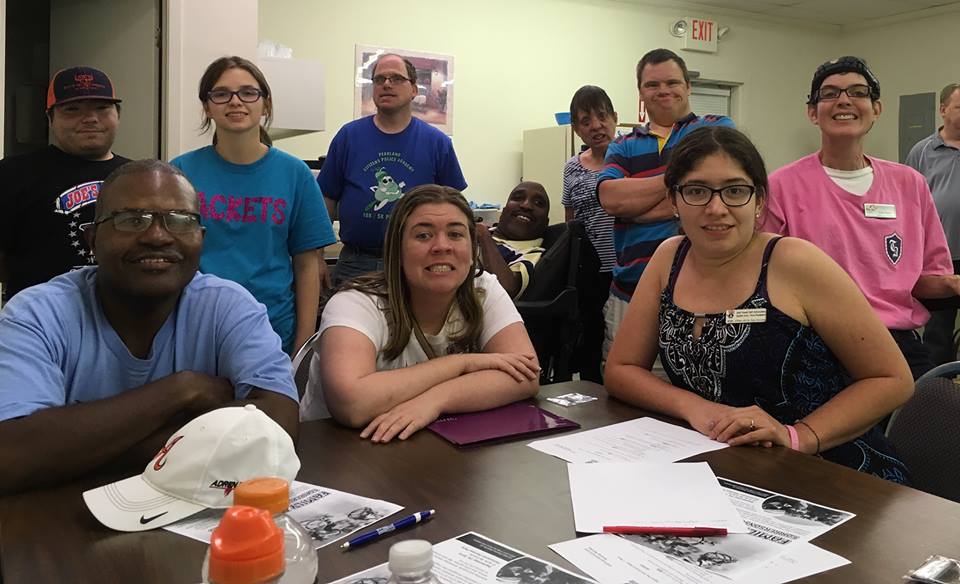WELCOME TO THE ARC OF THE GULF COAST
The Arc of the Gulf Coast supports individuals with intellectual and developmental disabilities and their families.

A world where people with disabilities are included in their communities and neighborhoods and where quality supports and services respond to their needs and personal choices.
Since our founding in 1950 by a group of parents of children with intellectual and developmental disabilities, The Arc at the local, state and national level has been instrumental in the creation of virtually every program, service, right, and benefit that is now available to more than half a million Texans with intellectual and developmental disabilities. Today, The Arc continues to advocate for including people with intellectual and developmental disabilities in all aspects of society.
What is an Intellectual Disability?
An intellectual disability is a disability that occurs before age 18 and is characterized by significant limitations in both intellectual functioning and in adaptive behavior, such as social and practical everyday living skills.
Intellectual disability is diagnosed through standardized tests of intelligence and adaptive behavior. Many people with intellectual disabilities can live independent, productive lives in the community with appropriate community supports.
What is a Developmental Disability?
The federal Developmental Disabilities Assistance and Bill of Rights Act (DD Act) of 2000 defines a developmental disability as a severe chronic disability of an individual that
- Is attributable to a mental or physical impairment or combination of mental and physical impairments that manifests before age 22.
- Is likely to continue indefinitely.
- Results in substantial functional limitations in three or more major life activities. Examples of major life activities include
-
- self-care
- receptive and expressive language
- learning
- mobility
- self-direction
- capacity for independent living
- economic self-sufficiency.
An individual from birth to age nine who has a substantial developmental delay or specific congenital or acquired condition may be considered to have a developmental disability without meeting three or more of the criteria described above if the individual, without services and supports, has a high probability of meeting those criteria later in life.
Examples of developmental disabilities include:
- Autism Spectrum Disorder (ASD)
- Behavior disorders
- Brain injury
- Cerebral palsy
- Down syndrome
- Fetal alcohol syndrome
- Spina bifida